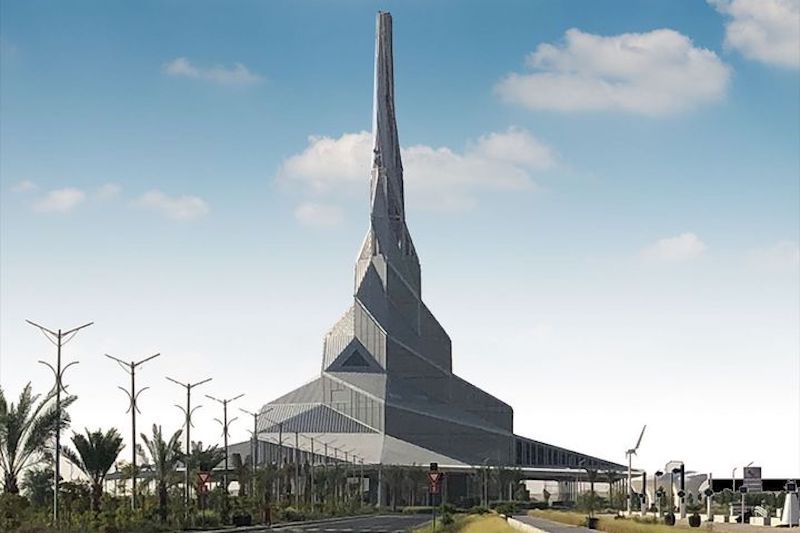Sheikh Mohammed witnesses signing of historic environmental agreement
Making a commitment to hit net-zero emissions by 2050…
The UAE Net Zero by 2050 strategic initiative is an eco-warrior main story quest to achieve net-zero emissions by the year 2050. At the latest. And it is a truly monumental mission, not just because of the extremity of the ambition and the degree of departure from conventional and convenient practices that it will require.
This commitment is the first of its kind in the fossil fuel-rich region of the Middle East and North Africa (MENA). A deliberate choice to choose a path less travelled for a brighter global future.
It’s now a promise-made contract with the signing of the UAE Governments Net Zero 2050 Charter witnessed by His Highness Sheikh Mohammed bin Rashid Al Maktoum, Vice President, Prime Minister and Ruler of Dubai.

Mohammed bin Rashid Al Maktoum Solar Park
COPing stratgey
The project was first unveiled in November 2022 at the 27th Conference of the Parties (COP27), during the United Nations Framework Convention on Climate Change. Mariam bint Mohammed Almheiri, Minister of Climate Change and the Environment – will be overseeing the cooperative efforts from each of the seven emirates.
Talking about the ‘significance of now’ for the initiative, Almheiri said: “With the UAE hosting COP28 later this year and in line with the Year of Sustainability, today we sign the ‘UAE Governments Net Zero 2050 Charter’, as part of our efforts towards achieving net zero by 2050, and contributing to global climate action in order to ensure a more sustainable future for humanity.”
How will the target be achieved?
The pathway to achieving ‘net zero emissions status’ will focus on enhancing equipment and infrastructure in the transport sector, construction, industry, energy, economy, industry, infrastructure, transport, waste, agriculture, and environment regulation.
A shift towards clean green sources of energy will also be a huge contributor towards getting the totals down. The UAE’s own renewable energy journey started 15 years ago and has seen investment of more than USD40 billion.
The biggest clean energy focuses have been solar and nuclear, with an objective to reach a 14-gigawatt output by 2030, up from about 100-megawatt yield in 2015 and 2.4GW in 2020.
Helping other countries reach the right milestones, the UAE has also distributed USD450 million in aid and soft loans for clean energy projects over seas.
What is clean hydrogen and why is it important?
And then there’s the UAE’s Hydrogen Leadership Roadmap programme.
Because of its abundance and reactivity, hydrogen is considered to be the ‘fuel of the future’ and therefore acquiring methods for extracting clean ‘low carbon’ sources is of primary importance. Within this framework (and seven major stakeholder projects) the UAE is looking at how it can leverage its investment and innovation in the renewables sector and leverage it for a leg up in researching clean hydrogen.
They’ve already had some promising results, and with an industry that’s worth an estimated USD400 billion to USD1 trillion, we could see hegemonic history in the energy sector, repeated.
And how will progress be measured?
The charter signed by Mariam bint Mohammed Almheiri and a collection of other emissions experts carries action plans for the development of policy and strategy on climate action.
Progress will be measured and adjustments made following an expansive programme of measurement and monitoring of greenhouse gas emissions in the seven emirates, ensuring that data is shared between states and coming up with responses that enhance both individual emirates and the UAE as a whole.
Images: What’s On Archive
